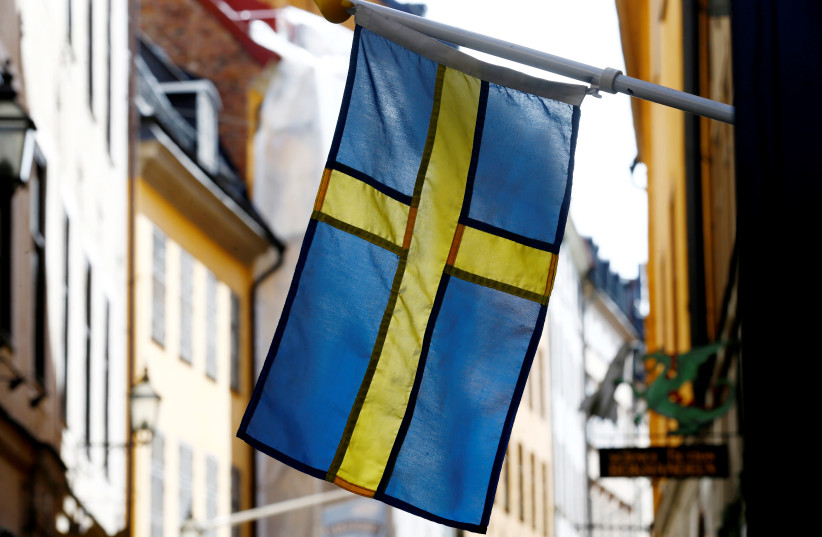Jewish life in Sweden dates back centuries. As one of the five recognized national minorities, Jewish communities are endowed with certain rights relating to language, culture, and influence. Nevertheless, Swedish Jews testify that there are still challenges to developing and maintaining a Swedish-Jewish identity.
To counter these challenges Sweden pledged – at the 2021 Malmö International Forum on Holocaust Remembrance and Combating Antisemitism – to set up an Inquiry with a mission to propose a National Strategy to Strengthen Jewish Life in Sweden.
Members of the Inquiry team are set to visit Israel to gather information and exchange knowledge with relevant stakeholders.
How is Sweden strengthening Jewish life?
For consecutive Swedish governments, Holocaust remembrance and combating antisemitism have been at the forefront of their agenda. In 1998, prime minister Göran Persson took the initial steps to found the 35-country-strong International Holocaust Remembrance Alliance. Today, the IHRA’s Working Definition of Antisemitism is widely and internationally accepted and in use by governments and organizations.
Just over two decades later, Sweden hosted the Malmö Forum, where 60 delegations made over 150 pledges that would advance their work on these issues. The follow-up to these pledges remained a priority throughout Sweden’s subsequent presidency of the IHRA, 2022-2023.

Next month, the Swedish Holocaust Museum (the first Swedish museum focused solely on preserving and passing on the memory of the Holocaust) will inaugurate its first exhibition.
A 2022-2024 action program for combating antisemitism was launched in July last year, and in December the government reaffirmed that combating antisemitism will remain a high priority for Sweden.
The reaffirmation came at the launch of a drive to increase knowledge (both historic and current) about antisemitism among youth and teachers. The signal from Swedish society must be unequivocal. The poison of antisemitism does not belong in Sweden.
Because of the long presence of Jews in Sweden and their contribution to Swedish society, they are one of the five recognized national minorities. Among other advantages, they have access to special Jewish-culture-related grants.
Furthermore, Yiddish holds a special status in Sweden. It is recognized as an official minority language.
With efforts focused on strengthening and promoting Jewish life and culture in Sweden. One of the country’s key pledges during the Malmö Forum was to set up an Inquiry with a mission to propose a National Strategy to Strengthen Jewish Life in Sweden. One focus of the Inquiry is on transferring Jewish culture and the Yiddish language to younger and future generations.
As part of this work, the government Inquiry works closely with the Swedish Jewish minority to map obstacles (and possibilities) for Jews to live a Jewish life in Sweden and promote initiatives to overcome those obstacles. The Inquiry also meets with local authorities, municipalities and regions to learn about their work with rights pertaining to the Jewish minority.
This week, the Inquiry is visiting Israel to gather information and exchange knowledge with Israeli officials and experts. It is also serving as an opportunity to learn about Jewish life in Israel, and how it relates to Jewish life in Sweden.
We are very grateful for the warm interest and hospitable welcome by Israeli officials, civil society and academia.
With the coming National Strategy to Strengthen Jewish Life in Sweden, we hope to make significant steps to facilitate living a Jewish life in the Scandinavian country and ensure that future generations have the chance to feel connected both to Sweden and to their Jewish identity.
Erik Ullenhag is Sweden’s ambassador to Israel. He previously served as Sweden’s integration minister, responsible for Swedish national minorities.
Maria Arnholm is the head of Sweden’s Inquiry on a National Strategy to Strengthen Jewish Life. She previously served as minister for gender equality and as deputy education minister.
